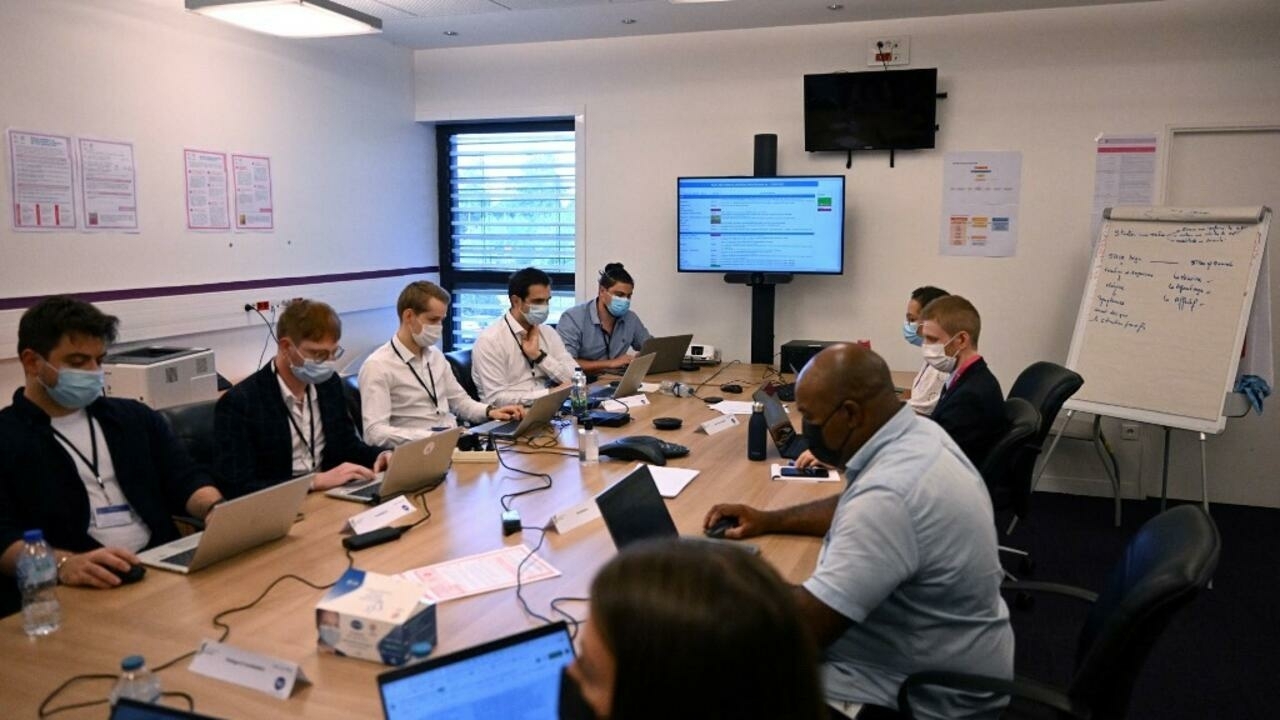Hello, Ann Arbor: Behind the University of Michigan computer hack; legislator fights steep rents
The school year started with an internet blackout for University of Michigan students.
And now we know a little more about why.
A third party hacked into the school’s computer system, prompting university officials to shut it down on Aug. 27, Sam Dodge recently reported.
An investigation into the hack revealed an unauthorized individual was able to access certain university systems from Aug. 23-27. The hacker had access to Social Security numbers, driver’s licenses or other government-issued identification numbers, financial account of payment card numbers and/or health information.
The university is continuing efforts to make the network more secure, according to the story.
Meanwhile, steep rents continue to cause a headache. They’ve even prompted a lawmaker who rents in the city to speak out.
State Rep. Carrie Rheingans, D-Ann Arbor, recently received an email notice from her landlord stating that her rent will increase by $6,000 per year, according to Ryan Stanton’s story. And if she doesn’t act soon, that price could go up.
The lawmaker introduced a bill into the Michigan Legislature on Sept. 7 that would repeal Michigan’s 1988 ban on rent control, restoring the ability of communities to enact local rent regulations.
Read more about those stories and others below.
Third-party gained access to University of Michigan systems, leading to August internet outage
Michigan lawmaker faces $6,000 rent hike after introducing rent control bill
Detroit-area hairstylist identified as woman killed in Washtenaw County crash
Court dismisses lawsuit declaring Ypsilanti-area nonprofit a public nuisance
Michigan’s Best Local Eats: Simple ingredients help Bao Space create authentic Asian cuisine
Ann Arbor voices opposition to widening U.S. 23 highway
Ypsilanti loses ‘fighter for good’ with death of attorney and former NAACP leader
What’s that? Developers pitch project for empty lot near Ann Arbor-area Lowe’s
New 80-unit project proposed for undeveloped portion of condo community near Ann Arbor
Trick-or-treat times for Halloween 2023 in Washtenaw County
About “Hello, Ann Arbor”: Each week, we deliver the big headlines straight to your inbox. “Hello, Ann Arbor” has also won awards…


